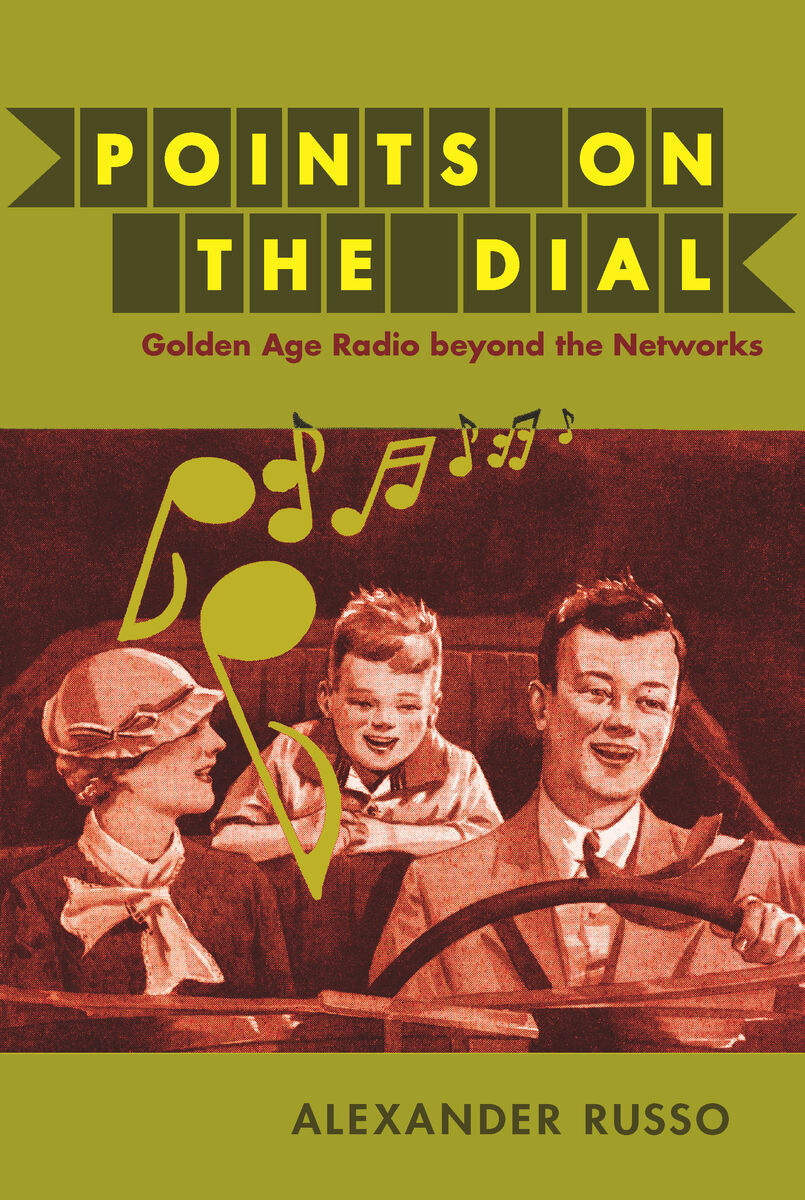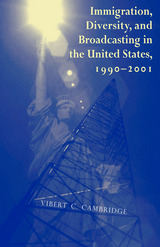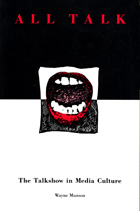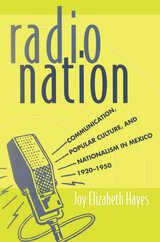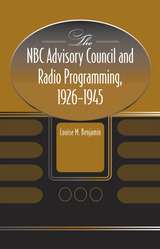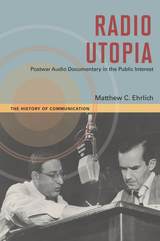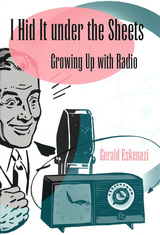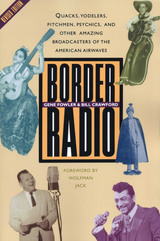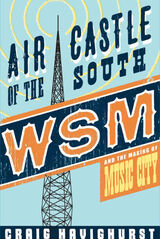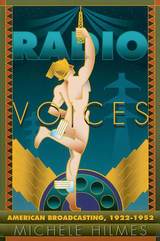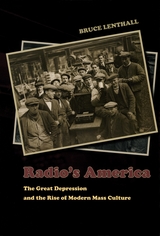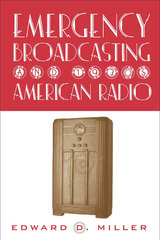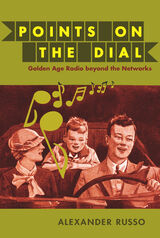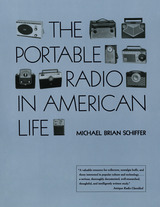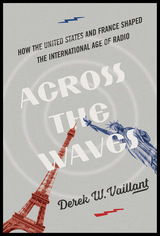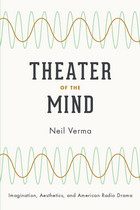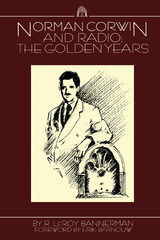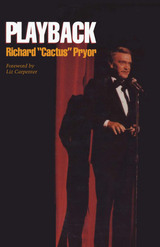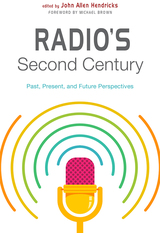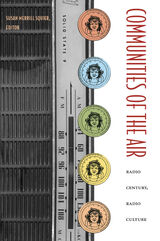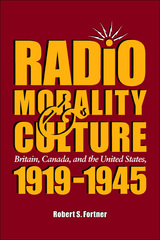“Points on the Dial: Golden Age Radio beyond the Networks is not only interesting but also informative. If Russo's read on radio is right, history may help inform the nature of radio as it proceeds into a digital era where geographies of consumption and listening are drastically altered by the technologies of production and distribution.” - John F. Barber, Leonardo Reviews
“Russo . . . challenges some of the assumptions embedded within the standard narrative of radio’s evolution in this well-researched and persuasively argued book. . . . [A]nyone interested in media history, current changes in the media industries, or the growth of American consumer culture will no doubt find something of value in this work.” - Noah Arceneaux, J-History, H-Net Reviews
“The book’s forty-eight pages of notes contain gems as interesting as the main text, and the fourteen-page bibliography offers the reader the opportunity to explore in detail particular aspects of the history. Thus, Points on the Dial delivers a fresh perspective on the network era of radio broadcasting.” - Don Bishop, Journalism History
“The real strength of this work is Russo's relentless documentation of industry practices that have rarely been given even cursory attention by historians.” - Joy Elizabeth Hayes, Journal of American History
“This is an exceptionally well‐referenced book. . . . [I]ts examination of the interplay of ownership and control of radio at a local and regional level, and the impact of competing production, distribution and consumption practices, suggests that the history of broadcasting in other countries would respond to similar analysis and benefit our understanding of the business, technology, and politics of the media of mass communication.” - Vincent O’Donnell, Cultural Studies Review
“Points on the Dial is an important book, smart and forcefully argued. Alexander Russo makes a fresh and distinctive contribution to radio studies and to media history and analysis by challenging the network-centered history of radio and bringing the role of regional radio to the fore. His discussion of regional programming gambits is new and fascinating, as is his account of the rise of spot advertising.”—Susan J. Douglas, author of Listening In: Radio and the American Imagination
“Offering fascinating arguments based on a wealth of excellent research, Alexander Russo fills in the history of radio broadcasting in the United States. He reveals the diversity of practices obscured until now by scholars’ focus on the national networks.”—Michele Hilmes, author of Radio Voices: American Broadcasting, 1922–1952
“Points on the Dial: Golden Age Radio beyond the Networks is not only interesting but also informative. If Russo's read on radio is right, history may help inform the nature of radio as it proceeds into a digital era where geographies of consumption and listening are drastically altered by the technologies of production and distribution.”
-- John F. Barber Leonardo Reviews
“Russo . . . challenges some of the assumptions embedded within the standard narrative of radio’s evolution in this well-researched and persuasively argued book. . . . [A]nyone interested in media history, current changes in the media industries, or the growth of American consumer culture will no doubt find something of value in this work.”
-- Noah Arceneaux J-History H-Net Reviews
“The book’s forty-eight pages of notes contain gems as interesting as the main text, and the fourteen-page bibliography offers the reader the opportunity to explore in detail particular aspects of the history. Thus, Points on the Dial delivers a fresh perspective on the network era of radio broadcasting.”
-- Don Bishop Journalism History
“The real strength of this work is Russo's relentless documentation of industry practices that have rarely been given even cursory attention by historians.”
-- Joy Elizabeth Hayes Journal of American History
“This is an exceptionally well‐referenced book. . . . [I]ts examination of the interplay of ownership and control of radio at a local and regional level, and the impact of competing production, distribution and consumption practices, suggests that the history of broadcasting in other countries would respond to similar analysis and benefit our understanding of the business, technology, and politics of the media of mass communication.”
-- Vincent O’Donnell Cultural Studies Review
